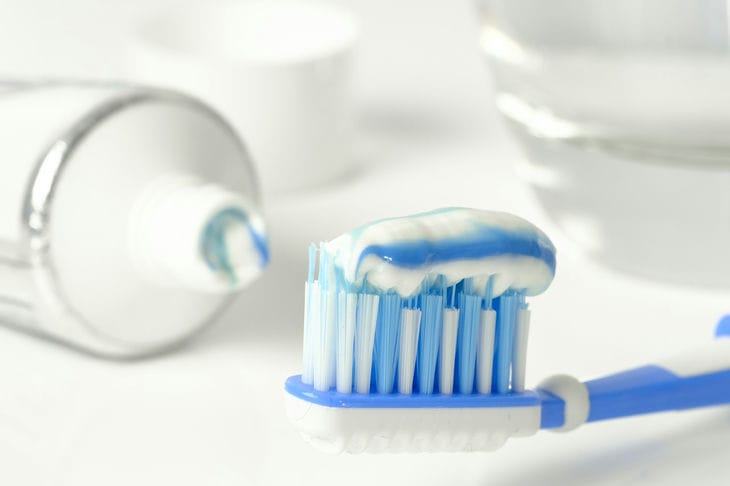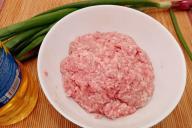Tooth sensitivity is not only an unpleasant but also a common phenomenon that affects millions of people around the world.
How can you alleviate these unpleasant symptoms?
Igor Blumkin , a dentist, implant surgeon, founder and director of the Moscow-based Dr. Blumkin Relationship Dentistry, spoke about taking care of your health and smile.
These 7 simple but important tips for caring for sensitive enamel will make life easier, reduce discomfort and maintain oral health.

Consult your dentist
The causes of increased tooth sensitivity can be different. And depending on the circumstances, a solution is selected. Self-medication in this case can lead to a worsening of the situation, and the attending physician will accurately determine the problem and select a treatment.
By the way, the reasons for tooth sensitivity can be completely different. The most common ones are: caries and old fillings, cracks and chips in the enamel, gum disease, decreased salivation, etc.
Choose the right toothbrush
On a regular basis, it is better to use a toothbrush only with soft bristles. This is also true for people with healthy teeth. Such a brush perfectly copes with its function of cleaning teeth, while not damaging the enamel
Brush your teeth properly
The technique of brushing your teeth matters. The expert recommends brushing according to the principle of "from pink to white", that is, with sweeping movements in the direction from the gum to the top of the tooth. The back and forth movements that many are accustomed to lead to the appearance of a "wedge-shaped defect" in the cervical area of the tooth, where the enamel is thinner.
The pressure on the toothbrush should be minimal. If the bristles of the brush begin to bend after a couple of weeks of use, this is a signal that the pressure is excessive.
Use toothpaste for sensitive teeth
It is desirable that the paste has a low abrasiveness index (below 25). And calcium hydroxyapatite in the composition of the product will help to cope with sensitivity associated with weakening of tooth enamel.
Whitening pastes and products containing charcoal, soda and other highly abrasive substances thin the enamel. It is important to exclude them from care.
Avoid acidic foods and drinks
During the period of sensitivity, you should not eat citrus fruits, apples, tomatoes, berries, pineapples, grapes, wine, vinegar, lemonade and fermented milk products. People with healthy teeth are advised to brush their teeth with toothpaste or chew gum after eating these products.
Drink enough water
The amount of water in the body affects the volume and composition of saliva. And one of the functions of saliva is to supply teeth with microelements and fight bacteria.
Monitor the temperature of your food
Food and drinks should be at a comfortable temperature. Sensitive thin enamel does not provide sufficient protection for the inside of the teeth, making them especially sensitive to temperature changes.
Therefore, drinking hot or cold foods can lead to discomfort and increased pain.
Proper care for sensitive teeth not only reduces anxiety, but also promotes overall oral health.
Following the recommendations of dentist Blumkin will help minimize pain and prevent further development of problems.
Previously, a category of people who should not eat lard was named .









